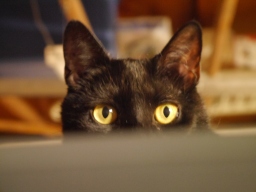“The Rosary is the most beautiful and the most rich in graces of all prayers; it is the prayer that touches most the Heart of the Mother of God…and if you wish peace to reign in your homes, recite the family Rosary.” Pope Saint Pius X
“Go to the Madonna. Love her! Always say the Rosary. Say it well. Say it as often as you can! Be souls of prayer. Never tire of praying, it is what is essential. Prayer shakes the Heart of God, it obtains necessary graces!” St. Padre Pio of Pietrelcina
“The Rosary is a powerful weapon to put the demons to flight and to keep oneself from sin…If you desire peace in your hearts, in your homes, and in your country, assemble each evening to recite the Rosary. Let not even one day pass without saying it, no matter how burdened you may be with many cares and labors.” Pope Pius XI
“One day, through the Rosary and the Scapular, Our Lady will save the world.” St. Dominic
“The greatest method of praying is to pray the Rosary.” St. Francis de Sales
“The rosary is the book of the blind, where souls see and there enact the greatest drama of love the world has ever known; it is the book of the simple, which initiates them into mysteries and knowledge more satisfying than the education of other men; it is the book of the aged, whose eyes close upon the shadow of this world, and open on the substance of the next. The power of the rosary is beyond description.” Archbishop Fulton Sheen


